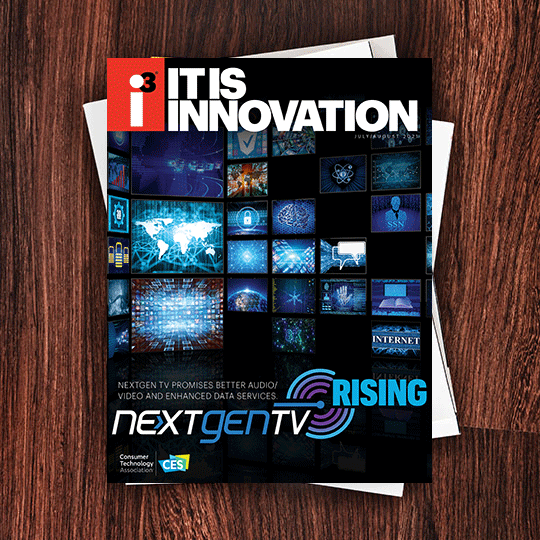When it comes to increasing productivity, our industry shines.
Inflation has two known cures: higher interest rates and greater productivity. High interest rates cut inflation by blunting demand, and, thus, pricing pressure. Fewer homes and factories get built. Higher interest rates also cripple our federal government. A 10% interest rate on a $30 trillion debt means we must spend $3 trillion on interest and cut almost every non-discretionary federal program, including the Department of Defense.
When it comes to increasing productivity, our industry shines. We fuel remote work, telemedicine, remote diagnostics and new productivity tools including Zoom, Teams, Salesforce and Slack. Robotics, self-driving vehicles, IoT, 5G and smart cities and homes are enhancing and improving our lives.
Artificial intelligence (AI) is the superhero of productivity—and can help slow inflation. It combines the best of machine learning and human problem solving. However, AI’s kryptonite is a government uniquely hostile to the tech industry and unfamiliar with how taxes, overbroad and inconsistent regulations on data collection impact investment.
The March action by the new administration and Congress to “stimulate” the economy with $1400 checks and $300 weekly non-taxable payments to unemployed workers expanded our debt and shrunk the workforce. The cash incentivized millions of Americans to avoid work when the economy most needed them.
The disconnect between the Beltway and reality has never been greater. Ten million jobs are open, yet nine million Americans say they are actively looking for jobs. While certainly regional disparities, skill gaps, childcare and COVID explains some of the disparity, the incentive structure is so perverse that the Chamber of Commerce urged the administration and Congress to immediately halt the payment program. I also raised this with Labor Secretary Scalia over a year ago. The lower unemployment rates in states whose governors cut off federal unemployment aid implies the government made a huge mistake in incentivizing unemployment.
Although, the president and Congress had good intentions to alleviate hardship, they incentivized sloth and dependence over resilience. And they are frustrating millions of Americans who cannot eat at their favorite restaurants, get the repairs and products they need, and face long lines as cashiers are in short supply.
As I write this, a bipartisan infrastructure bill is possible as our No Labels/Problem Solvers friends have a deal which is gathering support. The June Harvard CAPS/Harris poll found that four of five Americans want Congress to pass the smaller compromise infrastructure package. So, although there are challenges ahead, there are also rays of hope.
Gary Shapiro,
President and CEO

I3, the flagship magazine from the Consumer Technology Association (CTA)®, focuses on innovation in technology, policy and business as well as the entrepreneurs, industry leaders and startups that grow the consumer technology industry. Subscriptions to i3 are available free to qualified participants in the consumer electronics industry.